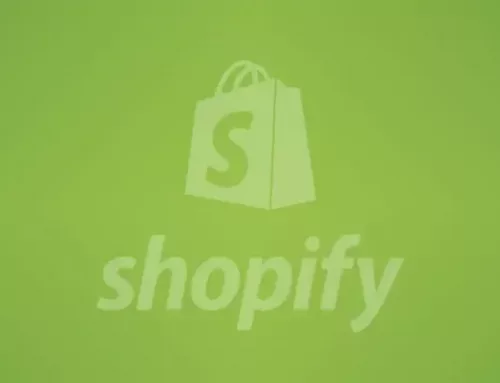Types of Shopify Store App : Private,Public And Other
April 03, 2020 | 05 min read
Introduction :
Understanding the distinctions and differences between public, private, and unlisted apps will help you decide which types of apps can better fit with your store and provide you with the versatility and efficiency you need.
There are no. of developers who have developed an immense range of applications which helps in collecting your store data, reports, social media, clients and much more automatically. Only you need to know which app will help you to perform the specific task. The question arises is How you will get to know the perfect app for your online Shopify Store.
Here is the list of some Shopify Apps and How they for your specific task.
Important Note for Shopify App
Until we delve into definitions, it is important to note that 100 percent of the apps mentioned in the App Store Shopify are using the same official APIs that Shopify offers. You just need to focus on the feature.
As now also outside the store they still use official Shopify APIs, but with a few differences.
1. Private Apps
Private apps are designed specifically for your Shopify store (unlike public apps that are designed for other stores to work with). You can use private apps to add functionality to your Shopify administrator, directly access your store data using the Shopify APIs, or expand your online store to other sites using custom storefronts.
These are the ways you can use your Private Apps for,
- Create an importer for the migration of your data to Shopify from Magento or another provider.
- Integrate the data from your store with a custom system that you use to control your orders, items or inventories outside of Shopify./li>
- Offer items from your Shopify shop, including a smartphone app, website or video game, on a customized marketplace.
- Private apps are designed by a developer you select according to your preferences, so if you’ve got a professional developer you can have that faith in them.
- If your store is on the trial program, then there are no more than five private apps you can make. Otherwise, you might build as many private applications as you like.
2. Public Apps:
These third-party Shopify applications (made by an external developer, not Shopify) can be found in the App Store at Shopify and use standard access authentication methods. This app is the kind that most merchants at Shopify know.
When a developer submits apps to the App Store, Shopify’s team can give them a cursory evaluation for basic functionality, but Shopify does not guarantee 100 percent protection or health.
Almost everyone. These are designed to work for different stores so anyone can use them once they’re added to the Shopify App Store.
3. Partner Apps :
Partner apps are apps built through the partner platform of Shopify. When you plan to create an app, you can sign up to become a Shopify partner free of charge. There is a template for device configurations in the partner account area that is for your applications.
4. Beta Apps :
Shopify allows developers to post applications that are still in the development process so that they can obtain input on various features before introducing them to a broader public. These are known as beta-apps.
- Beta apps are applications in the App Store that pass a live testing process.
- Add, remove, and configure sections on product pages through the new online store editor
- New online store editor to customize pages and sections within the Shopify Admin.
Within the standard App Store, test applications are open to all, but they are labelled with a button that says “Testing” to signify that they are still being refined
5. Unlisted Apps :
Apps that are not listed are App Store products, which do not appear in the lists on the App Store. We are planning to operate in many stores with all of Shopify’s APIs. Like all the other applications in the App Store, you won’t see unlisted applications because they do use approved Shopify APIs. We also have a message bar that says “Unsupported,” but that simply means that now you need to contact the developer to get help.
Selection Is Tough: Either Private Or Public
Apart from the obvious differences between making a Private app or an off-the-shelf app, it’s important to note that because public apps use a different authentication API authentication doesn’t happen automatically. This will influence the way you configure and authenticate your store.
Understanding these discrepancies will help you avoid being one of the forum’s merchants who want to find out why their device doesn’t interact with Shopify properly.The another one is problem is that it can be difficult to migrate to the other format after you make a commitment to providing a private or public app because of the various authentication codes that are required. And it’s likely the data can need to be transformed in order to be completely compliant. It can be achieved, but at the beginning, it is best to choose the appropriate format.
Our Suggestions :
And if you want to use it for your one store only, we suggest that you work with a Shopify partner or create a partner account, and create public or non-listed applications. If you’re a customer trying to find the right app features for your store or a developer looking to get your touch with a Shopify specialist, please click here to touch me to talk about supporting your business needs.

